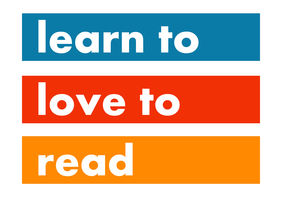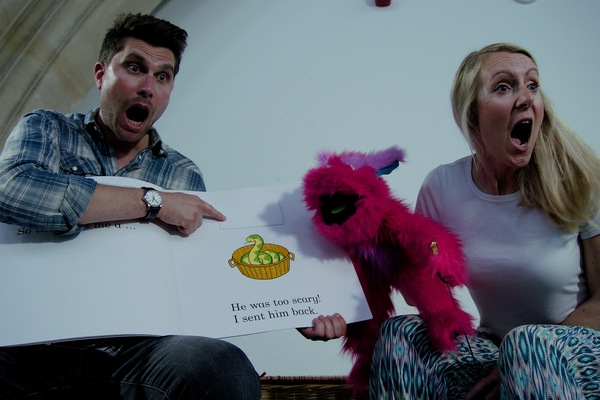The summer term is now underway but not as parents, teachers and children know it. We are all still at home: working, cooking, cleaning, washing and – with the help of our wonderful teachers – educating our children. This is no mean feat for many parents who may be working full-time and caring for babies and toddlers as well. Not surprisingly trying to persuade one or more primary school-aged child to quietly do their work while you get on with yours can lead to the odd tense moment.
So if it’s all getting a bit fraught, it’s time to dial it down and take ten minutes out. And what better way to do this than by reading aloud to those fractious and frustrated children? Not only is it soothing and relaxing for children AND parents (or anyone else doing the reading), it can also benefit children in all areas of their development learning.
Here’s why:
It’s enjoyable. Children of all ages - not just those who are learning to read – enjoy being read to. When stories and books are linked to pleasurable experiences, children are more likely to want to do it for themselves too. It’s fun and stressbusting for adults as well – the more silly voices and actions you can do the better (remember no-one’s watching)!
It increases your children's vocabulary and cognition. Generally young children understand more complex stories than they can read themselves so they’ll being hearing lots of new words in context that they won’t see in their reading books. Without even realising it, they’re constantly using their cognitive abilities to make sense of the text they’re hearing.
It increases attention span and improves listening skills. While screen time has its place, watching television or YouTube videos is a passive experience. Children have to work just that little bit harder when they’re being read to as the written word unfolds at a slower pace and they need to focus harder to keep track of the narrative.
It can be a way to express emotions. Children – especially younger ones who cannot fully appreciate why they can’t go to school, play on the swings or see their friends – may be feeling all sorts of new emotions which they can’t yet verbalise. Stories that explore particular emotions can help children understand their own and others’ feelings and provide a starting point for discussion.
It is bonding for children and adults, and develops communication skills. Audio books are a wonderful resource but they’re not quite the same as reading aloud because they’re not a truly interactive experience. Talking about a book provides a huge opportunity for your children to make observations and respond to the text. It doesn’t have to mean just parent-child bonding either. Maybe an older sibling could read a story one evening? Or if you have the technology available, grandparents, aunties, uncles, cousins, friends could read a story via WhatsApp, FaceTime, Skype, Zoom, etc. This not only gives you access to another household’s book collection, it also offers your children a chance to hear another adult’s voice - something they may appreciate!
It can be done in any language. Your children will be learning to read in English at school, but if you don’t speak English at home, reading stories in your home language has all the same benefits.
Again, again!
If you only have a few favourite books at home, remember young children love the repetition of hearing the same stories over and over (even if you don’t). As children become familiar with a story, you’ll notice they start to fill in the words themselves, especially in books that contain lots of repetitive phrases (like Rod Campbell’s Dear Zoo or Michael Rosen’s The Bear Hunt). Even if they can’t read the actual words on the page yet, they are still learning how the book reading process works – tracking the words with their fingers, turning the pages, learning that those squiggles on the page can be transformed into exciting adventures.
After reading a book once, children’s observations and comments are usually based on the story’s events, but the more familiar they become with the text, their comments and questions become more focused on the why the characters behave as they do, forming their own interpretation and ideas about the narrative. So while you might find reading the same book for the hundredth time tedious, your child is still learning invaluable skills for their future.
Where to find free children’s books online
Although physical libraries are closed, if you are a member of any Wandsworth library, you can borrow e-books just as you would borrow a real book: https://glllibraries.overdrive.com/library/kids
The charity BookTrust also has a selection of children’s books online. They are narrated, but you can turn off the sound and read them aloud yourself: https://www.booktrust.org.uk/books-and-reading/have-some-fun/storybooks-and-games/
More about reading aloud from The Open University @OpenUniRfP
Reading with children: 7 steps to making it magical




